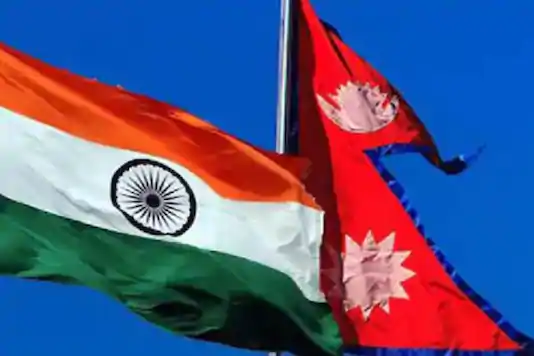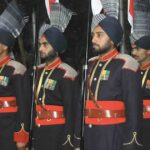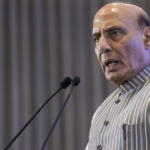
SOURCE: PTI
India has asked Nepal to prevent its citizens from “illegally” visiting the Indian territories of Kalapani, Limpiyadhura, Lipulekh and Gunji, according to local media reports here. In a letter to the Nepali administration, an Indian official earlier this month said that Nepalese people in groups wanting to “illegally” enter into these Indian regions would create problems for both the countries.
The Deputy District Commissioner, Dharchula, Pithoragarh district in Uttarakhand, Anil Shukla, in his letter dated July 14 also urged the Nepali authorities to share information with the Indian authorities about such activities, the Himalayan Times reported. “We have received a letter and phone call regarding India’s decision to prohibit Nepalis from crossing into the territories,” Sharad Kumar Pokhrel, Chief District Officer of Darchula, Nepal, was quoted as saying by the paper. However, local people have informed that they have not been stopped while crossing to the aforementioned areas, Pokhrel said.
In its reply, the Nepalese authorities said that the movement of its citizens in Kalapani, Limpiyadhura and Gunji areas is “natural” as the regions belong to the country, the paper said. “The movement of Nepalese nationals in these areas are natural,” said the letter signed by Tek Singh Kunwar, Assistant District Administrator of Darchula, Nepal, according to Kantipur daily.
The letter was sent to the Indian official following instructions from the Nepalese Home Ministry, Pokharel was quoted as saying by Rising Nepal daily. Nepal last month completed the process of redrawing the country’s political map through a Constitutional amendment, incorporating strategically important Lipulekh, Kalapani and Limpiyadhura areas which India maintains belong to it.
India has termed as “untenable” the “artificial enlargement” of the territorial claims by Nepal. The India-Nepal bilateral ties came under strain after Defence Minister Rajnath Singh inaugurated a 80-km-long strategically crucial road connecting the Lipulekh pass with Dharchula in Uttarakhand on May 8.
Nepal reacted to the inauguration of the road claiming that it passed through Nepalese territory. India rejected the claim asserting that the road lies completely within its territory.






